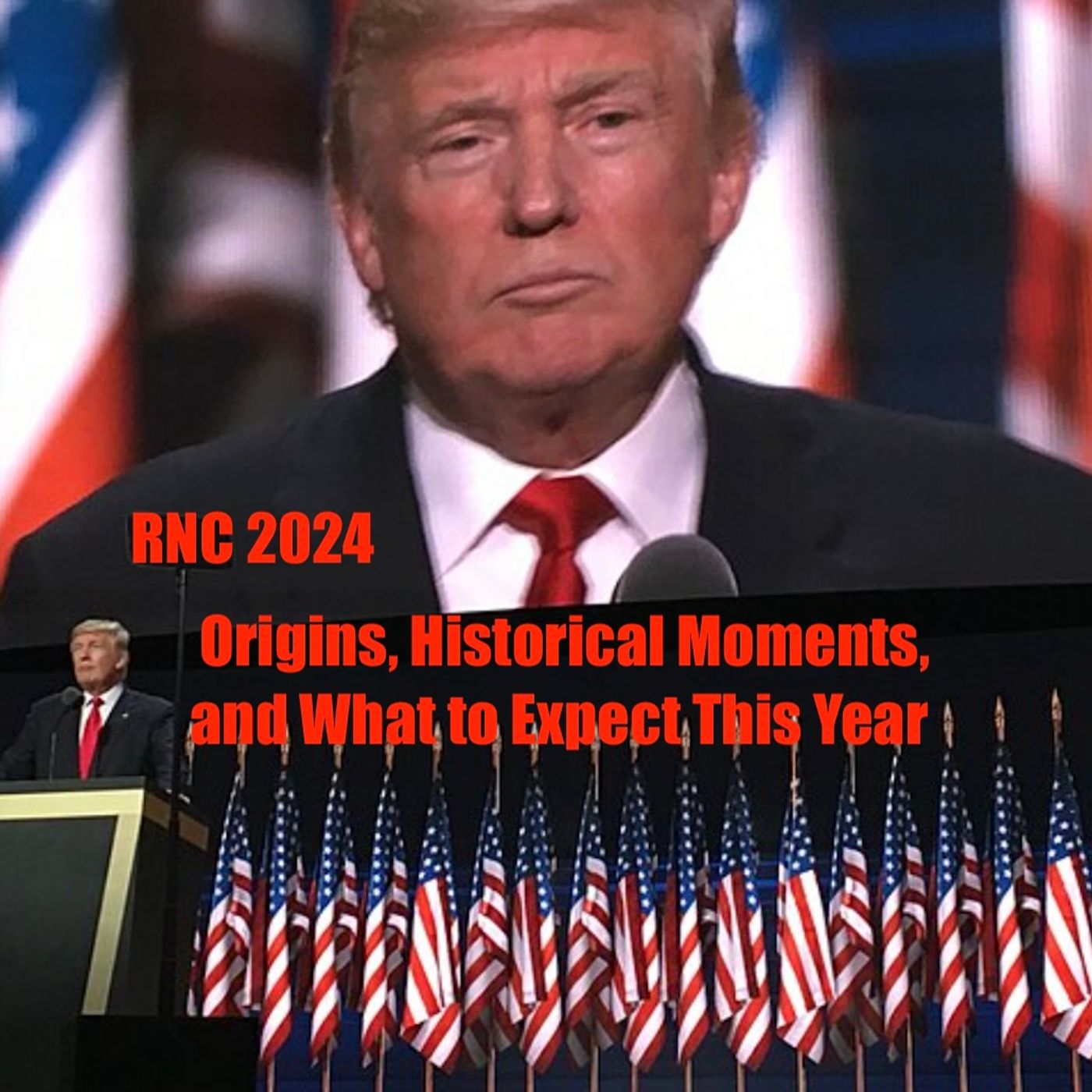"RNC's Contentious Moves: Shaping the 2024 Electoral Landscape"
Description
As the Republican National Committee (RNC) gears up for the 2024 elections, it is making headlines for a few strategic and controversial moves that reflect both its preparation for future electoral battles and its ongoing navigational strategies within the party’s diverse ideological spectrum.
Most notably, the RNC has engaged a figure from the far-right fringe, known for propagating the 'pizzagate' conspiracy theory, to train poll watchers. This decision marks a significant moment as it ties the formal operational wing of the Republican Party to individuals and theories that have often been marginalized or dismissed by mainstream discourse. The individual in question rose to some prominence by disseminating the baseless claim that high-ranking Democratic Party officials were involved in an underground child trafficking ring, a conspiracy that was debunked but not before it caused substantial real-world consequences, including a shooting incident at a pizzeria in Washington, D.C. Critics of the decision worry that involving figures associated with such theories could foster a climate of mistrust and fear at the polls, potentially intimidating voters and tarnishing the party's image as it seeks broader electoral support.
On a more traditional note, the RNC is also making logistical preparations for its 2024 national convention, with Dallas emerging as a strong contender to host the event. The choice of location for the convention is more than symbolic; it serves as a strategic decision reflecting the party's priorities and anticipated voter base for the upcoming presidential election. Dallas, a city with a complex political history located in a critical swing state, could provide the GOP with a platform to solidify its presence in Texas, appealing to both traditional conservative voters and the diverse urban electorate.
The RNC's activities extend beyond event planning and controversial training selections. Another point of interest is a recent decision by a North Carolina appeals court that impacts voter identification laws—a recurrent theme in Republican-led legislative agendas across several states. The court blocked the use of digital IDs from the state's flagship public university for voting, arguing the need for more secure methods of voter identification. This decision aligns with broader Republican efforts to tighten voting regulations, which they argue are necessary to prevent fraud, but which critics claim could suppress voter turnout, particularly among younger, more liberal voters—a demographic less likely to support the GOP.
As 2024 approaches, these actions by the RNC illustrate the multi-faceted approach the party is taking to not only galvanize its base but also navigate the complex and often fractious political landscape within and outside its ranks. From aligning with controversial figures to bolster watchful eyes at polling stations, to strategically selecting convention locales, and influencing voter ID laws, the RNC is laying down a multifaceted groundwork for the next presidential race. These decisions, layered in both logistical foresight and ideological controversy, outline the contours of the party's strategy heading into a critical electoral cycle.
More Episodes
As the Republican Party gears up for the 2024 presidential election, several notable figures and strategic decisions are drawing attention within the GOP. This involves a broad spectrum of topics from high-profile appointments to the influential roles of family members in bolstering the party's...
Published 11/24/24
Published 11/24/24
The Republican National Committee's (RNC) 2024 gathering has been marked by a series of dramatic and newsworthy events, emphasizing the high stakes and intense scrutiny surrounding this electoral cycle. Among the most startling occurrences was former President Donald Trump's attendance at the...
Published 11/23/24


